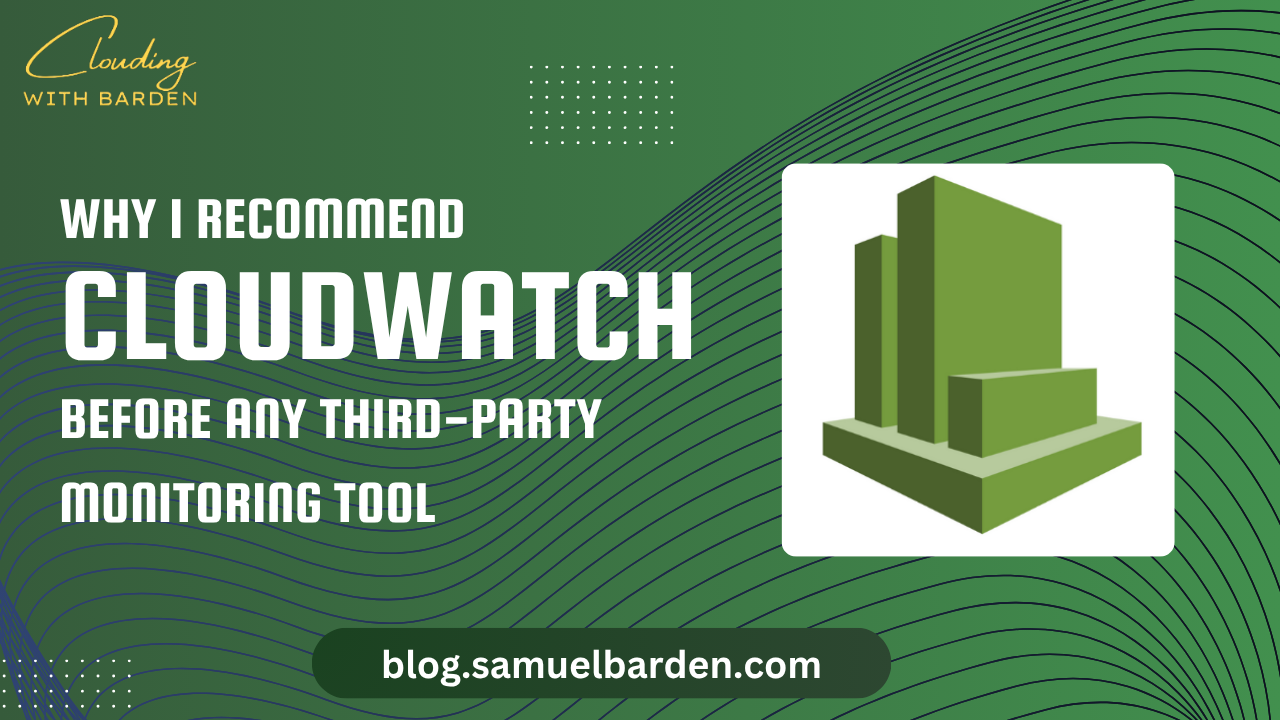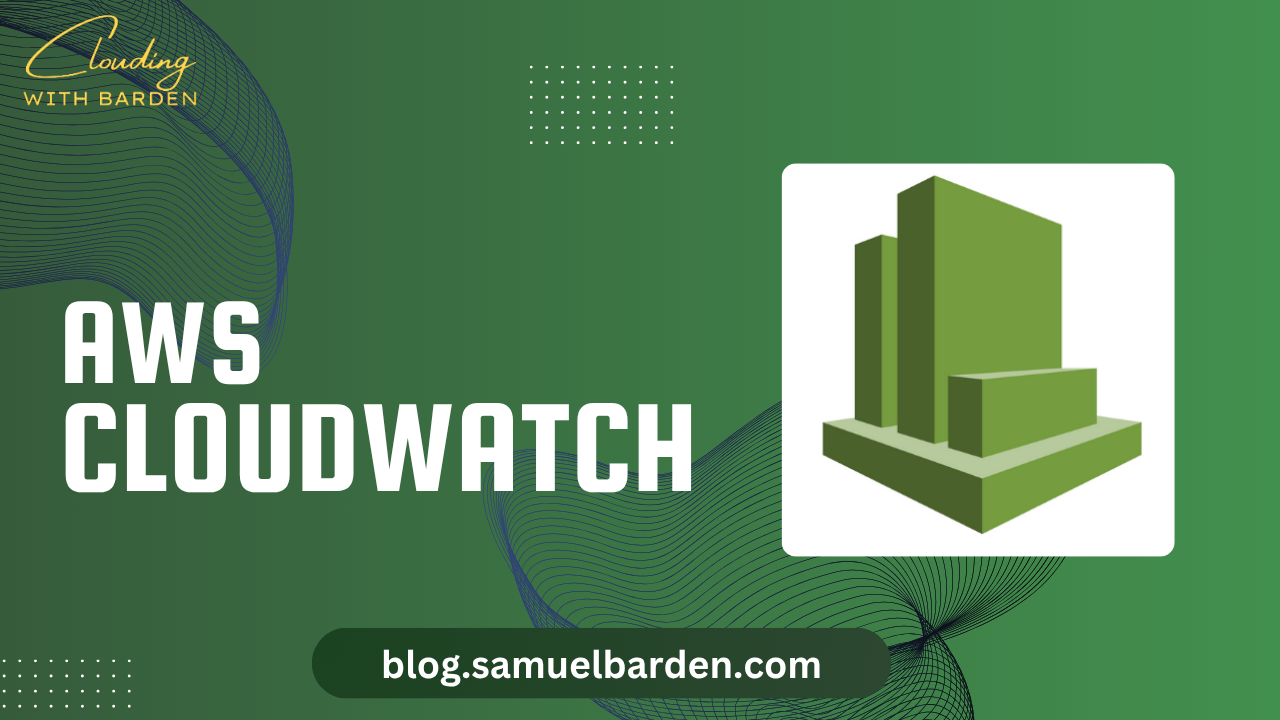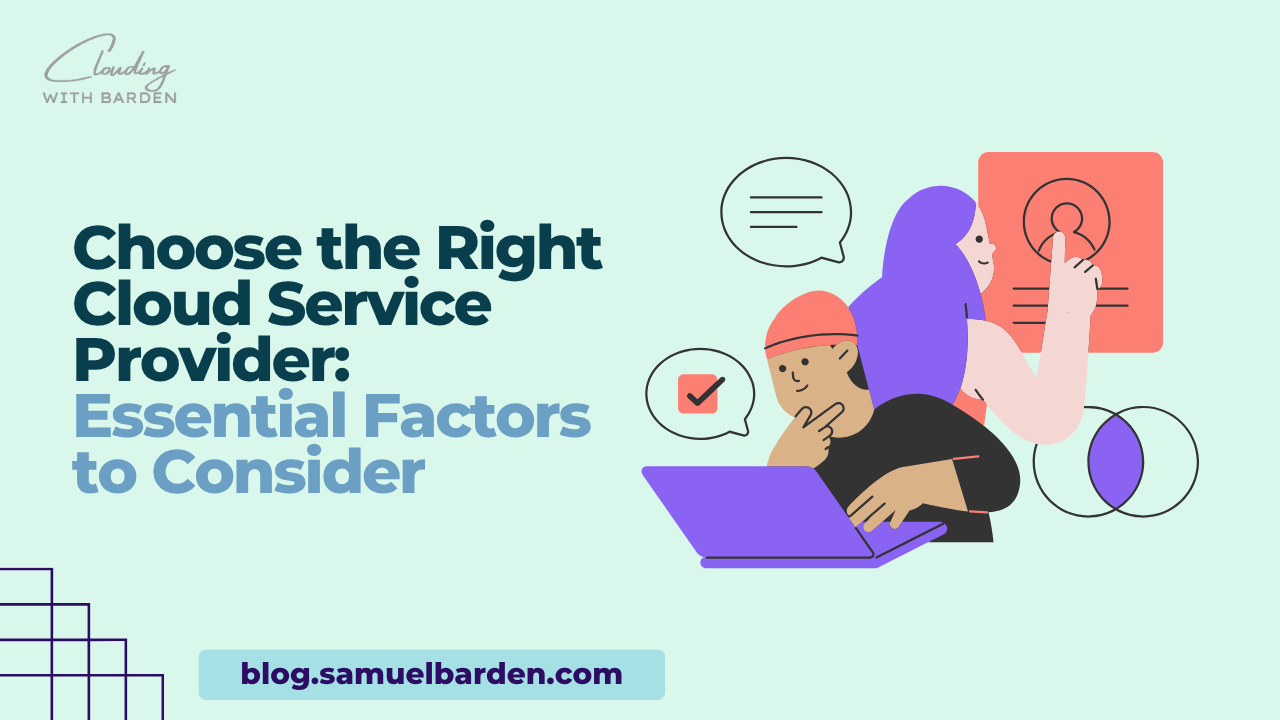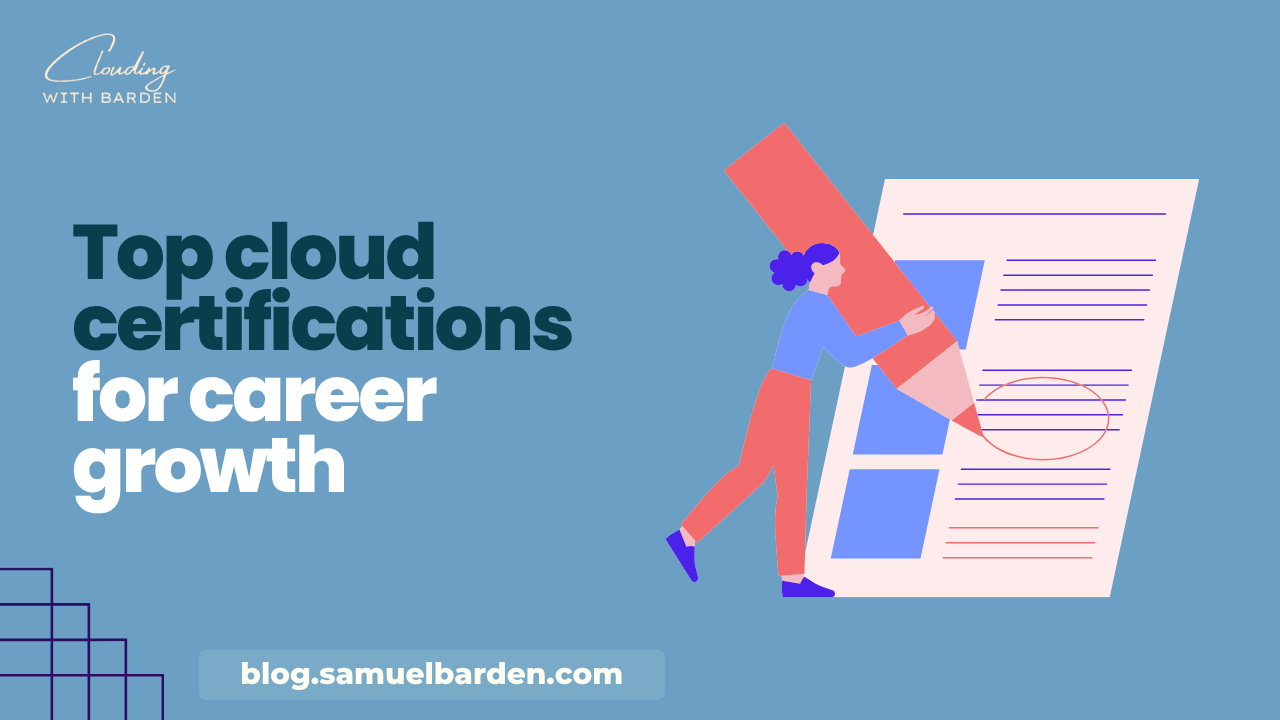Your cart is currently empty!
Choosing the right cloud service provider can make or break your digital transformation efforts. With countless options on the market, finding the best cloud provider for your business needs requires careful evaluation of several factors. From pricing models and scalability to security protocols and customer support, this decision is critical for ensuring your business thrives in a cloud-based environment.
In this guide, I’ll break down the most important considerations when choosing the best cloud provider and help you make an informed decision that supports your long-term growth and objectives.
What is a Cloud Service Provider?
Before diving into the process of choosing the best cloud provider, it’s essential to understand what a cloud service provider (CSP) does. A CSP offers on-demand computing resources over the internet, such as storage, networking, and applications, enabling businesses to operate without needing to maintain physical infrastructure.
The most common types of cloud services include:
- Infrastructure as a Service (IaaS) – Provides virtualized computing resources like servers, storage, and networking.
- Platform as a Service (PaaS) – Delivers hardware and software tools for developers to build applications.
- Software as a Service (SaaS) – Offers access to cloud-based software, such as email or CRM tools.
The best cloud provider for your business depends on your specific needs, including scalability, cost, security, and performance. Let’s explore how you can make the right choice.
1. Understand Your Business Requirements
When choosing the best cloud provider, the first step is to clearly define your business needs. Are you looking for a cloud provider to host your entire infrastructure, or do you need a specific service, such as data storage or cloud-based applications?
Consider factors like:
- Current and projected workload demands
- Your team’s technical expertise
- Industry-specific compliance requirements
- Budget constraints
- Performance needs (e.g., low latency, high availability)
Understanding these elements will help you identify the type of cloud services you need and narrow down the list of potential providers.
2. Scalability and Flexibility
One of the key reasons businesses move to the cloud is scalability. The best cloud provider should offer flexible options to scale your operations up or down as needed. This flexibility is crucial for businesses that experience fluctuating workloads, such as eCommerce platforms during peak shopping seasons or startups experiencing rapid growth.
When evaluating providers, ask yourself:
- Can this cloud provider accommodate both short-term growth and long-term expansion?
- Do they offer auto-scaling capabilities to manage unexpected surges in traffic or data processing?
Choosing a cloud provider that offers seamless scalability ensures that your business can adapt quickly to changing market conditions without incurring unnecessary costs.
3. Cost and Pricing Models
Cost is a critical factor when choosing the best cloud provider. Different providers offer various pricing models, including pay-as-you-go, reserved instances, or subscription-based services. Understanding how each pricing model aligns with your business’s budget is essential for making a smart decision.
Here’s what you should look out for:
- Pay-as-you-go: You pay only for the resources you use, making this model ideal for businesses with fluctuating workloads.
- Reserved Instances: For businesses with predictable workloads, this option offers discounted pricing in exchange for long-term commitment.
- Free Tiers and Trials: Some providers, like AWS and Google Cloud, offer free tiers or trial periods for new users to explore their services.
Make sure to analyze the total cost of ownership (TCO), including potential hidden fees for data transfer, storage, or customer support. Choose a provider that offers transparent and flexible pricing that scales with your business.
4. Security Features and Compliance
Security should be a top priority when evaluating the best cloud provider. The provider you choose must offer robust security protocols to protect your data from breaches, leaks, and cyberattacks. Leading cloud providers offer features like encryption, identity and access management (IAM), and multi-factor authentication.
Additionally, you need to ensure that your chosen provider complies with relevant industry regulations and standards, especially if you operate in sectors like finance, healthcare, or government.
When considering security and compliance, ask these questions:
- Does the provider offer end-to-end encryption for data at rest and in transit?
- How often do they perform security audits and vulnerability assessments?
- Do they comply with regulations like GDPR, HIPAA, or SOC 2?
Choosing the best cloud provider with strong security credentials ensures that your business’s sensitive information is safe, regardless of where it’s stored.
5. Availability and Reliability
Downtime can be devastating for businesses, especially those relying on constant access to cloud-based applications and data. When evaluating cloud providers, consider their uptime and service-level agreements (SLAs). The best cloud provider will offer high availability and minimal downtime, ensuring your business operates smoothly.
Look for:
- Providers with a 99.9% or higher uptime guarantee
- SLAs that include compensation for downtime exceeding agreed-upon thresholds
- Geographically distributed data centers to ensure redundancy and disaster recovery
Reliability is key to ensuring that your cloud-based services remain accessible and operational even during unexpected outages or failures.
6. Performance and Latency
Performance is another crucial aspect of choosing the best cloud provider. Depending on your business’s needs, low latency and high-speed performance may be non-negotiable. For example, online gaming companies or financial institutions require real-time processing and cannot afford delays.
When considering cloud providers, check:
- The geographical location of data centers: Are they close to your primary users?
- Network performance: Does the provider offer content delivery networks (CDNs) to minimize latency?
- Hardware quality: Does the provider use the latest technologies to optimize speed and reliability?
The best cloud provider should offer low-latency services with high throughput to ensure that your business applications run smoothly and efficiently.
7. Customer Support and Managed Services
Even with a robust cloud infrastructure, issues can arise that require immediate attention. The level of customer support offered by the best cloud provider can significantly impact your overall experience.
Key factors to consider include:
- Support Availability: Does the provider offer 24/7 support? What channels are available (phone, chat, email)?
- Managed Services: Can the provider manage some of your cloud infrastructure, such as patching, backups, and monitoring, to reduce your in-house IT burden?
- Expertise: Does the provider offer dedicated account managers or access to certified cloud architects?
Customer support is an often-overlooked element, but it can make all the difference when technical issues arise, or you need guidance on optimizing your cloud environment.
8. Data Migration and Integration
Migrating to the cloud can be a complex process, especially if your business is transitioning from on-premise infrastructure. When choosing the best cloud provider, ensure they offer tools and services to simplify the migration process.
Ask about:
- Migration Services: Does the provider offer migration assistance, either through automated tools or professional services?
- Data Portability: How easy is it to move your data between different cloud services or back to on-premise systems if needed?
- Integration Capabilities: Does the provider support seamless integration with your existing IT infrastructure or third-party applications?
Choosing a provider that offers smooth migration paths and broad compatibility with your current systems will help minimize disruptions during the transition.
9. Ecosystem and Third-Party Tools
The best cloud provider should offer a rich ecosystem of tools, services, and integrations to enhance your cloud experience. Leading providers such as AWS, Microsoft Azure, and Google Cloud offer access to a vast marketplace of third-party solutions, including AI/ML tools, big data analytics, and DevOps pipelines.
Consider the following:
- Marketplace: Does the provider offer a wide range of pre-built applications and services to streamline operations?
- APIs: Does the provider offer robust APIs for custom integrations and automation?
- Community Support: Does the provider have a strong developer community and ample documentation for troubleshooting?
A thriving ecosystem ensures that your business can leverage cutting-edge technologies and third-party solutions without needing to build everything from scratch.
10. Reputation and Reviews
Lastly, consider the reputation of the cloud service provider. Read reviews and case studies from businesses similar to yours that have used the provider’s services. Look for feedback on their reliability, customer support, pricing transparency, and ease of use.
Third-party analyst reports, such as Gartner’s Magic Quadrant, can also provide insights into the strengths and weaknesses of the leading cloud providers. By reviewing independent assessments, you can make a more informed choice about the best cloud provider for your needs.
Main Questions
What is the most important factor when choosing a cloud provider?
The most important factor depends on your business’s specific needs, but scalability, cost, and security are generally key considerations.
How do I know if a cloud provider is reliable?
Look for providers that offer uptime guarantees in their SLAs, have a global network of data centers, and provide transparent performance metrics.
Is cost the only consideration when choosing a cloud provider?
No, while cost is important, you should also consider factors like security, performance, support, and scalability to make a well-rounded decision.
Can I switch cloud providers if I’m not satisfied?
Yes, many cloud providers offer tools and services for data migration. However, it’s important to review any potential vendor lock-in issues before committing.
Which cloud provider is the most secure?
Leading providers like AWS, Google Cloud, and Microsoft Azure offer advanced security features, but it’s crucial to assess their compliance with your industry’s specific regulations.
How do I estimate cloud costs for my business?
Use cloud providers’ cost calculators to estimate monthly expenses based on your expected usage, and review potential hidden fees for data transfer, storage, and support.
Final Thoughts: Choosing the Best Cloud Provider for Your Business
Selecting the best cloud provider is a crucial decision that can impact your business’s performance, security, and scalability. By carefully evaluating factors such as cost, security, performance, and customer support, you can choose a provider that meets your unique needs and sets your business up for long-term success.
Remember, there is no one-size-fits-all solution, and the best cloud provider for one company may not be the best for another. Take the time to assess your current requirements and future growth potential to ensure your decision aligns with your business goals.
Stay Clouding!
Share with
/










Leave a Reply